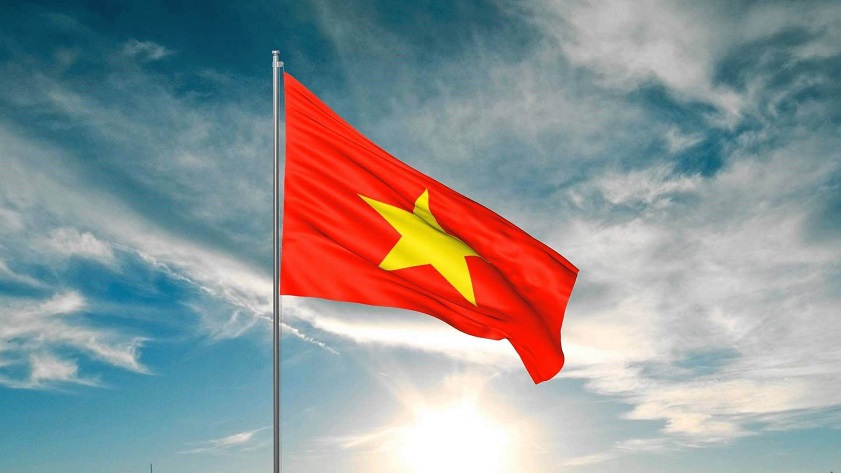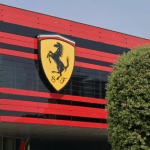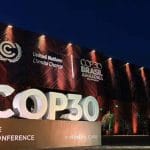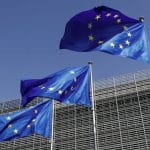Vietnam Approves $5 Million CO₂ Credit Deal With World Bank

- Vietnam approves transfer of 1 million tons of surplus CO₂ reductions to the International Bank for Reconstruction and Development (IBRD).
- Around 95% of credits will be reassigned to Vietnam to help meet its Paris Agreement commitments.
- Estimated $5 million in proceeds to support forest protection, livelihoods, and local communities across five provinces.
Vietnam has approved the transfer of one million tons of CO₂ emission reductions generated from plantation forests in the north-central region to the International Bank for Reconstruction and Development (IBRD), part of the World Bank Group. The move comes under Resolution No. 261/NQ-CP issued on August 29, 2025, and builds on Vietnam’s existing Emission Reductions Payment Agreement (ERPA) with the IBRD.
The credits are part of the 5.9 million tons of surplus CO₂ reductions achieved during 2018–2019. The ERPA, first signed in 2020 between the Ministry of Agriculture and Rural Development and the IBRD, originally covered 10.3 million tons of reductions. Actual performance exceeded expectations, leaving a surplus that is now partially monetized.
With an average transfer price of $5 per ton based on earlier payment terms, the additional credits are expected to bring in about $5 million. Funds raised will be distributed to forest owners, commune authorities, and organizations managing natural forests in five provinces: Thanh Hoa, Nghe An, Ha Tinh, Quang Tri, and Thua Thien Hue. A portion of revenues will also support forest protection activities, sustainable livelihoods, and community income.
RELATED ARTICLE: Vietnam’s New Electricity Law Sets Framework for Renewable Energy Growth
According to the agreement, roughly 95% of the credits transferred will be reassigned to Vietnam by the IBRD for use toward its Nationally Determined Contributions (NDCs), the country’s binding commitments under the Paris Climate Agreement.
Vietnam’s government noted that the remaining 4.9 million tons of surplus CO₂ reductions will be reserved for its own NDC implementation, as market demand for additional transfers remains limited.
Follow ESG News on LinkedIn








